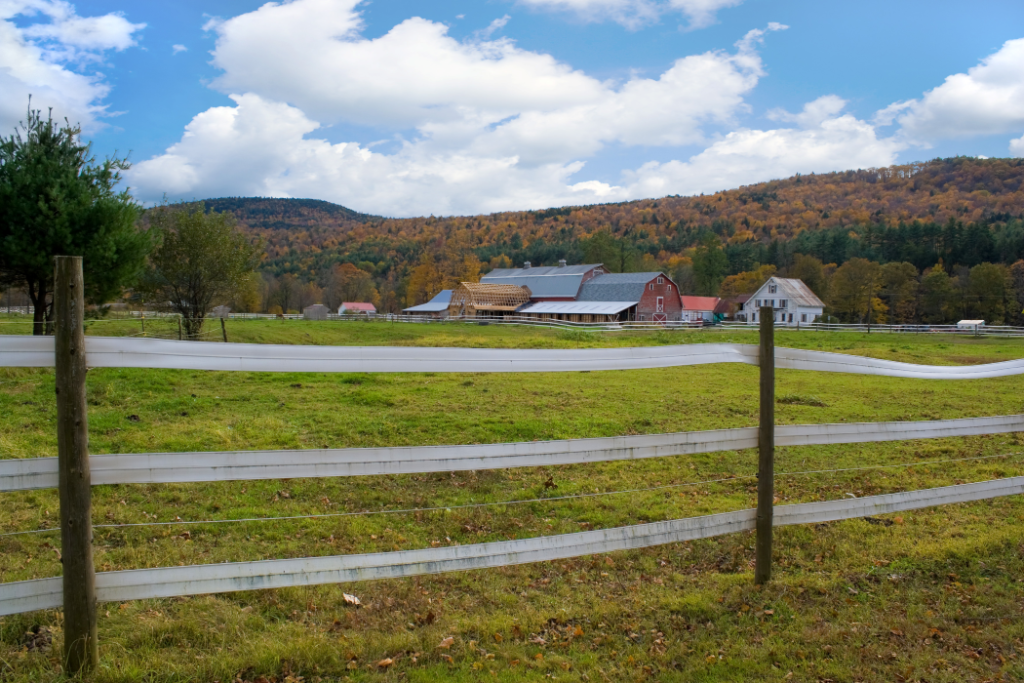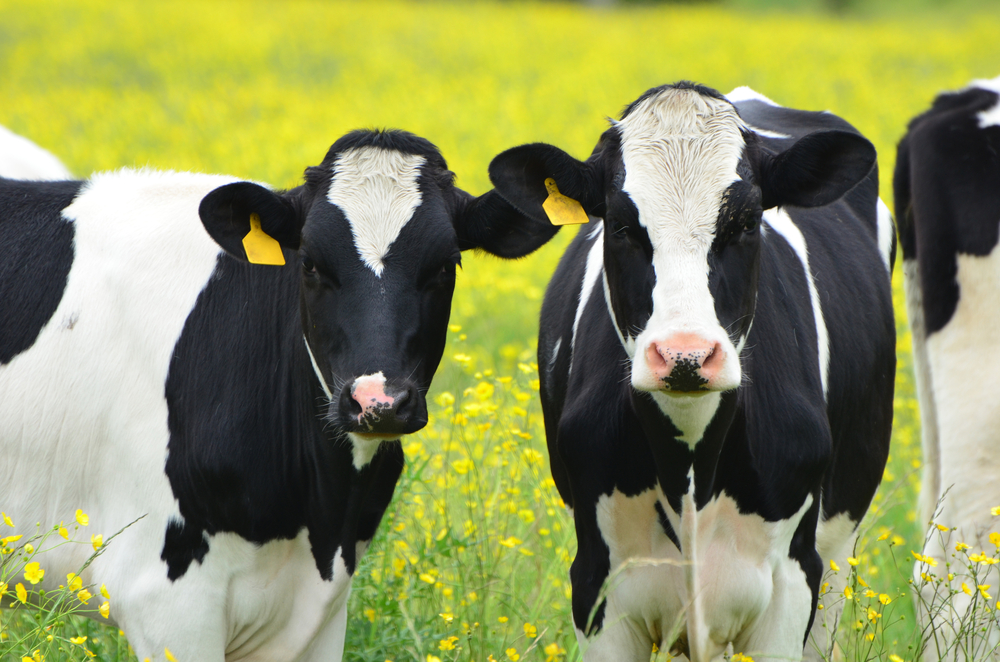DPAC supports industry efforts to increase transparency and accountability and encourage continuous improvement with regard to the care and welfare of animals.
Advancing animal welfare practices in Canada requires ongoing collaboration. DPAC works closely with Dairy Farmers of Canada to support their efforts to ensure that farmers are given the tools and guidance they need to continue to meet the high standard of animal care and welfare that Canada’s processors and their customers have come to expect.
A Strong Animal Welfare System
As an active member of the National Farm Animal Care Council (NFACC), DPAC represents the expectations of Canada’s dairy processors, their customers, and Canadian consumers in the development guidance and best practices in the care and handling of animals.
Working alongside farm, veterinary, government experts, as well as animal welfare associations, like Humane Canada, DPAC has contributed to the modernization of national guidelines for the care and handling of dairy cattle and goats.
The Code of Practice for the Care and Handling of Dairy Cattle (Updated 2023)
The Code of Practice for the Care and Handling of Goats (Updated 2022)
These Codes use the latest evidence to provide critical guidance and promote sound management and welfare practices for housing, care, transportation and other animal husbandry practices. They are used as reference materials for regulations, educational tools, and, in the case of the dairy cattle code, used as the foundation for Dairy Farmers of Canada’s proAction program.
Canada’s dairy processors have long refused to take the milk from farms which fail to meet the high standards of care set by provincial boards and the Dairy Farmers of Canada. DPAC has consistently outlined our expectations of Canada’s dairy farmers and the provincial boards that collect and sell their milk.
Stewardship of Antibiotic Use in Canada
Antibiotics play an important role in supporting animal welfare by treating, controlling and preventing bacterial disease, but it is important that they do not end up in Canada’s milk supply.
Canada’s farmers and vets follow strict guidelines on the use of antibiotics and take all necessary steps to ensure that this does not happen. Dairy processors double check this work with their own tests to ensure there are no oversights.
To support these efforts, DPAC contributes to the important work of the Canadian Global Food Animal Residue Avoidance Databank (CgFARAD). CgFARAD helps vets receive the unbiased and scientifically-based information they need to support the safety of Canada’s food supply against accidental contamination of residues of drugs and pesticides.
DPAC Actions on Animal Welfare
- Board Member of the National Farm Animal Care Council, a multi-stakeholder approach to developing science-informed Codes of Practice for the care and handling of farm animals.
- Member of Animal Health Canada, a collaboration of federal, provincial, territorial, and industry/non-government stakeholders to address important topics such as emergency management, animal welfare, and animal health surveillance.
- Supporter of Canadian Global Food Animal Residue Avoidance Databank (CgFARAD) the Canadian member of the global food animal residue avoidance databank program.
- Our members drive dairy processing policy, sectoral collaboration and action on animal welfare through DPAC’s Animal Welfare Committee.

